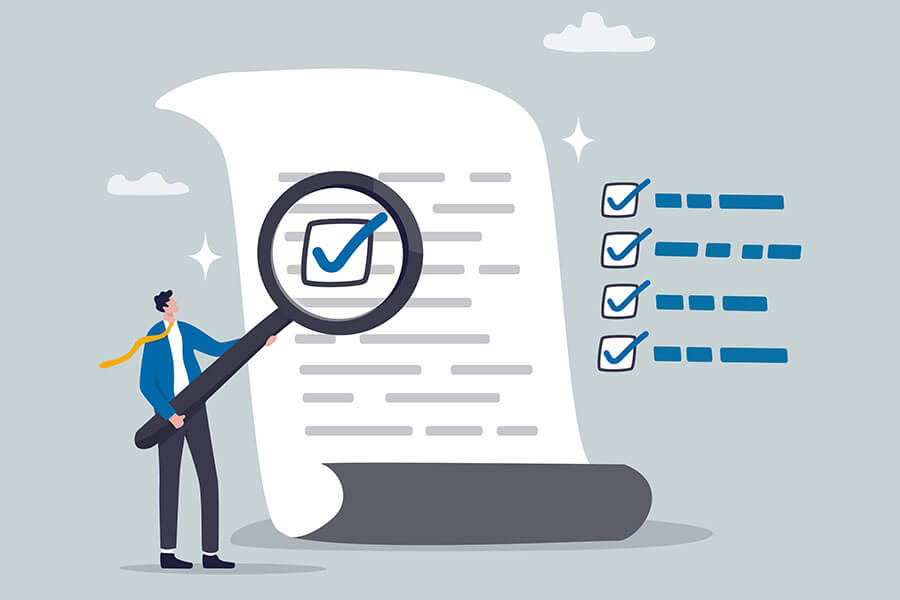
Updated 9-4-24. If you want to start performing remote online notarizations (RON), you will likely need to select a RON vendor who will provide the tools for you to perform RONs and securely store your electronic records. But how do you choose the vendor that’s best for you? When selecting a RON vendor, be sure to ask these four important questions:
1. Does the RON vendor fully comply with my state’s laws?
The first and most important question is to ask the vendor if its platform is fully compliant with your state’s RON laws. Some states, such as Wisconsin, have a set list of approved vendors, and Notaries may only select one from the approved list. Other states, such as Florida and Texas, allow Notaries to choose any RON technology provider as long as the vendor complies with all state rules and statutes. “It’s essential to know if the provider is compliant with state laws or officially approved,” said Pem Guerry, executive vice president of SIGNiX.
When choosing a vendor, be sure to ask if the vendor provides secure storage and protected access to any RON records you are required by law to keep, such as audiovisual recordings of your notarization sessions or electronic journal records.
If you find out a RON vendor isn’t approved by your state or doesn’t meet your statutory requirements, you’ll need to look elsewhere. And even if the vendor is approved, you still should probe the vendor to ensure you are satisfied its system meets your state’s requirements.
2. Does the RON vendor provide training and support for their system?
A vendor may offer a great RON system, but it won’t be much help if you don’t know how to properly use it. When choosing a RON platform, ask if the vendor offers training on how to use their system and technical support if you encounter problems with the system when performing a RON.
“My number one question when choosing my RON provider was if they provided phone support,” said Tracee Jordan, a remote online Notary in Houston, Texas. “I have a large clientele and I need to have access to tech support on demand when things are happening.”
3. Does the RON vendor provide a digital certificate or electronic seal?
Depending on your state’s requirements, you may need a digital certificate or electronic seal to perform RONs. When looking for a RON vendor, you should ask if the vendor provides Notaries with a digital certificate or eSeal, or if you will need to purchase your own.
For example, Pat Kinsel, CEO of Notarize, said his company provides electronic seals for RONs that are fully compliant with each state’s RON laws. For digital certificates, Notarize prefers Notaries obtain their own digital certificate from an authorized provider to ensure full compliance with state rules. “Since some states require the digital certificate to be in the Notary’s possession, so we refer Notaries to a trusted issuing authority to purchase their digital certificates,” Kinsel said. Note: In August 2024, Notarize (renamed Proof) began to issue digital certificates for Notaries to use exclusively on its RON platform. For the time being, Proof will allow Notaries to continue to use their own digital certificate on the Proof platform. At a future date Proof will require Notaries to purchase a digital certificate from Proof. At that time, Notaries will only be able to use a Proof digital certificate on the Proof platform. Notaries will not be able to use the Proof digital certificate on other platforms.
4. How much will it cost you to onboard with the vendor?
Budget is an important consideration in any Notary’s business. When researching potential RON tech providers, be sure to ask how much it will cost to get set up with them so you can determine if the expense is affordable for your business.
David Thun is the Editorial Manager at the National Notary Association.
Related Articles:
A guide to remote notarization providers for Notaries
Additional Resources:
NNA RON Information